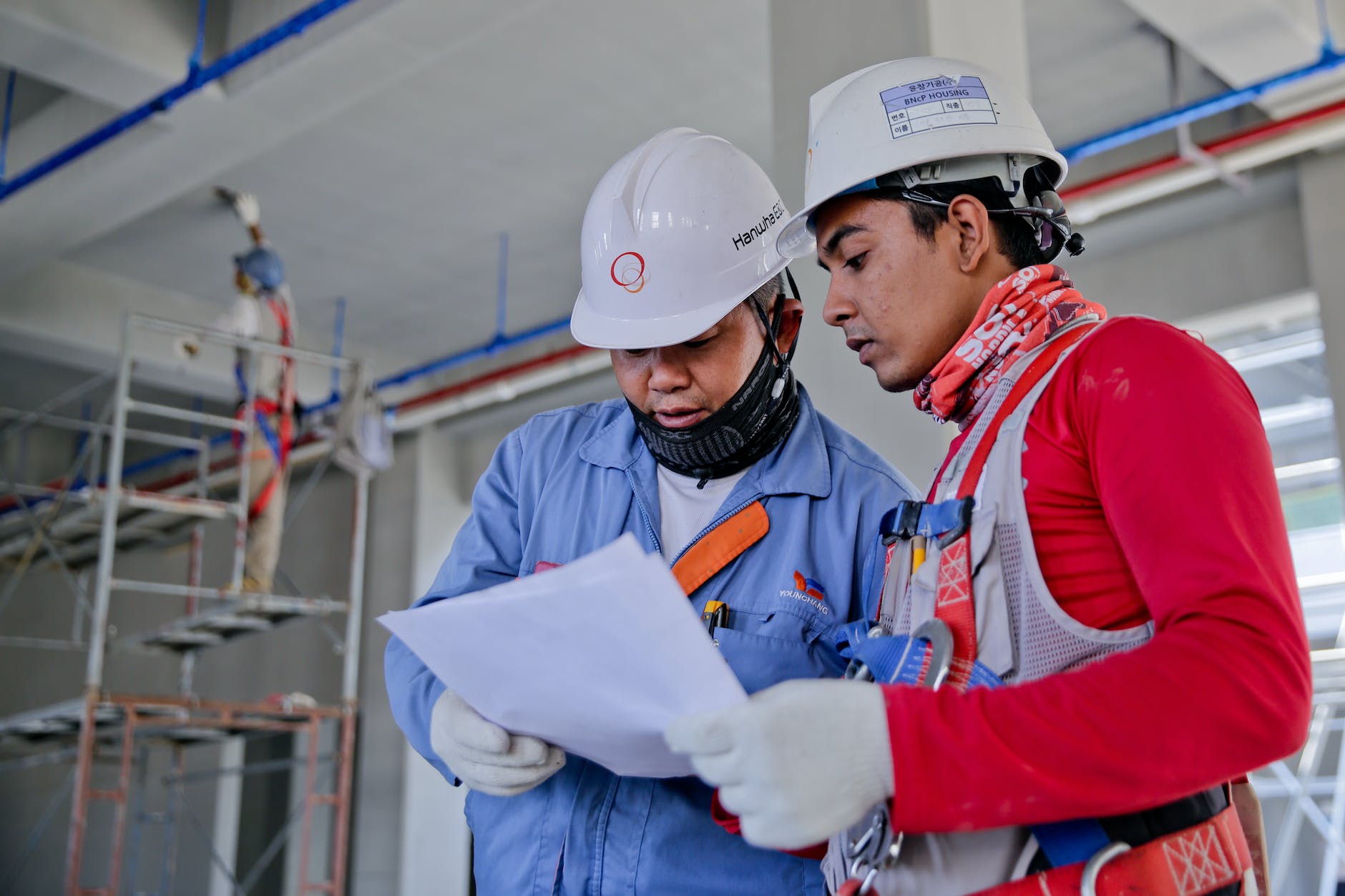
Safety Officer vs Safety Engineer: Who Does What?
Introduction
Safety Officer vs Safety Engineer : In the realm of workplace safety, two crucial roles often come into play: the Safety Officer and the Safety Engineer. While their titles may sound similar, their responsibilities and qualifications differ significantly. In this article, we will delve into the distinctions between these two vital positions, shedding light on their roles, qualifications, and contributions to ensuring a safe and secure work environment.
The Safety Officer
Safety Officers play a pivotal role in maintaining safety protocols within an organization. Their primary focus is on the day-to-day operational aspects of safety.
Responsibilities
- Safety Inspections: Safety Officers conduct regular inspections to identify potential hazards and ensure compliance with safety regulations.
- Training and Education: They organize safety training programs for employees, disseminating knowledge on safe work practices.
- Incident Reporting: Safety Officers are responsible for documenting and investigating workplace incidents and accidents.
- Safety Policy Implementation: They work on the implementation of safety policies and procedures throughout the organization.
Qualifications
To be a Safety Officer, one typically needs:
- A bachelor’s degree in occupational health and safety or a related field.
- Certification in safety management.
- Strong communication and problem-solving skills.
The Safety Engineer
Safety Engineers are professionals who focus on designing and implementing safety systems and measures within an organization. Their role is more geared towards proactive safety measures.
Responsibilities
- Safety System Design: Safety Engineers design safety systems and equipment to prevent accidents and injuries.
- Risk Assessment: They conduct risk assessments to identify potential hazards in processes and machinery.
- Regulatory Compliance: Safety Engineers ensure that the organization complies with all safety regulations and codes.
- Emergency Response Planning: They develop plans for responding to emergencies and evacuations.
Qualifications
To become a Safety Engineer, one usually needs:
- A bachelor’s degree in engineering, preferably in safety engineering.
- Professional certifications such as Certified Safety Professional (CSP).
- Strong analytical and problem-solving skills.
Which Role is Right for You?
Choosing between a Safety Officer and a Safety Engineer depends on your career goals and interests. If you are more inclined towards day-to-day safety management and compliance, a Safety Officer role may suit you. On the other hand, if you are passionate about designing safety systems and mitigating risks at a structural level, then becoming a Safety Engineer might be the right path.
Conclusion
In the realm of workplace safety, both Safety Officers and Safety Engineers play indispensable roles. While Safety Officers ensure day-to-day safety compliance, Safety Engineers focus on the proactive design and implementation of safety measures. The choice between the two career paths ultimately depends on your interests and professional aspirations.
Food Safety Officer: Fees, Courses, Syllabus, Eligibility, Exam, and How to Apply
How to Become a Safety Director?
Qualifications for a Bright Future in the Safety Field
How to Become a Safety Engineer from a Safety Supervisor
How Fresher Get Jobs as a Safety Officer After Nebosh IGC
FAQs
- Is a Safety Officer higher in rank than a Safety Engineer?
- No, they hold different roles with distinct responsibilities, but neither is inherently higher in rank.
- Can one transition from being a Safety Officer to becoming a Safety Engineer?
- Yes, it’s possible to transition by acquiring the necessary qualifications and experience.
- Are there any gender-specific requirements for these roles?
- No, both Safety Officers and Safety Engineers are open to individuals of any gender.
- What industries commonly employ Safety Officers and Safety Engineers?
- These professionals are in demand across various industries, including manufacturing, construction, healthcare, and more.
- How do these roles contribute to workplace safety culture?
- They both contribute significantly by ensuring compliance with safety regulations and designing systems to prevent accidents.
In conclusion, understanding the distinctions between Safety Officers and Safety Engineers is crucial for those considering a career in occupational health and safety. Both roles are essential in creating and maintaining a safe work environment, each with its unique contributions and qualifications.
























